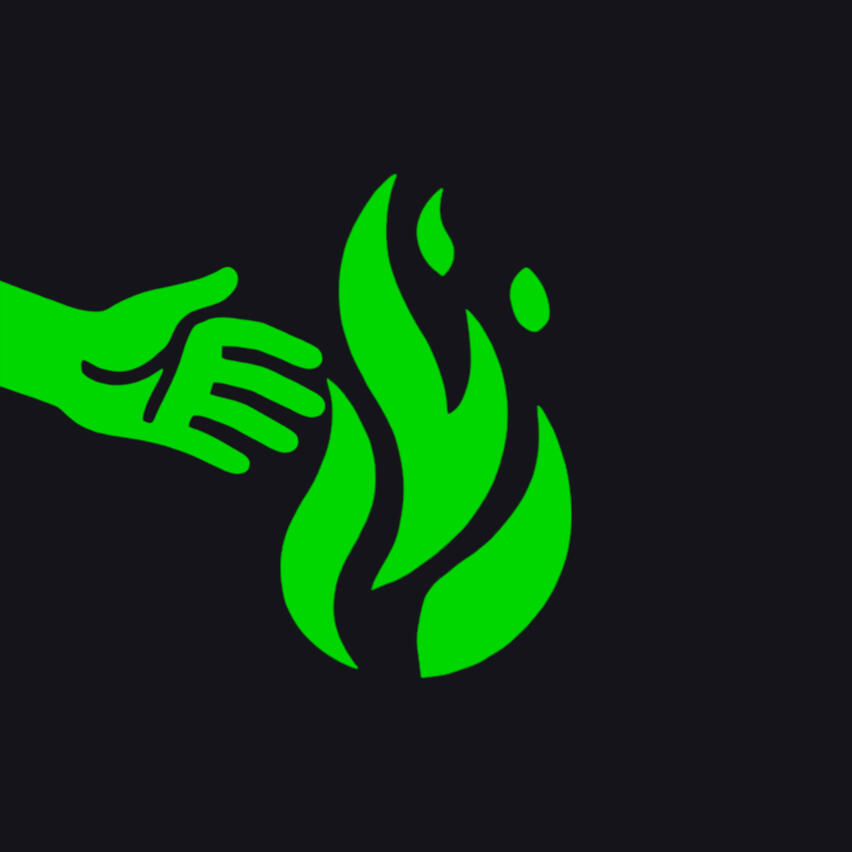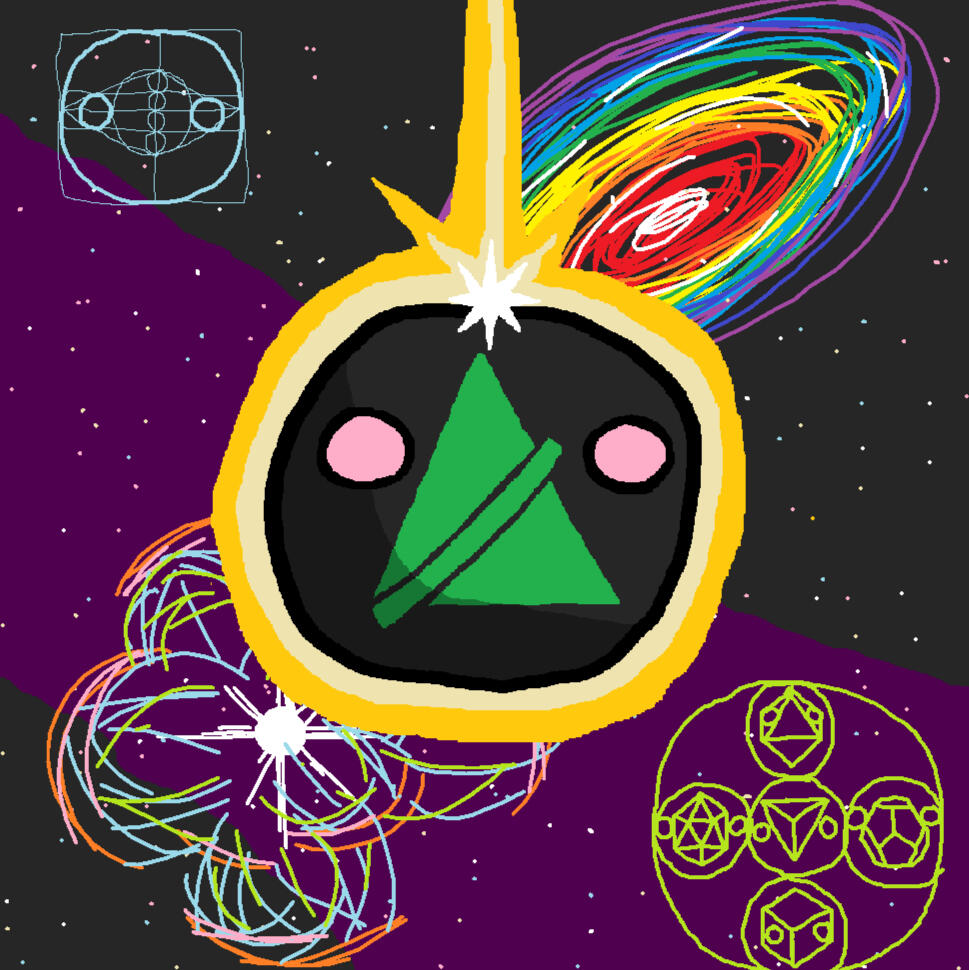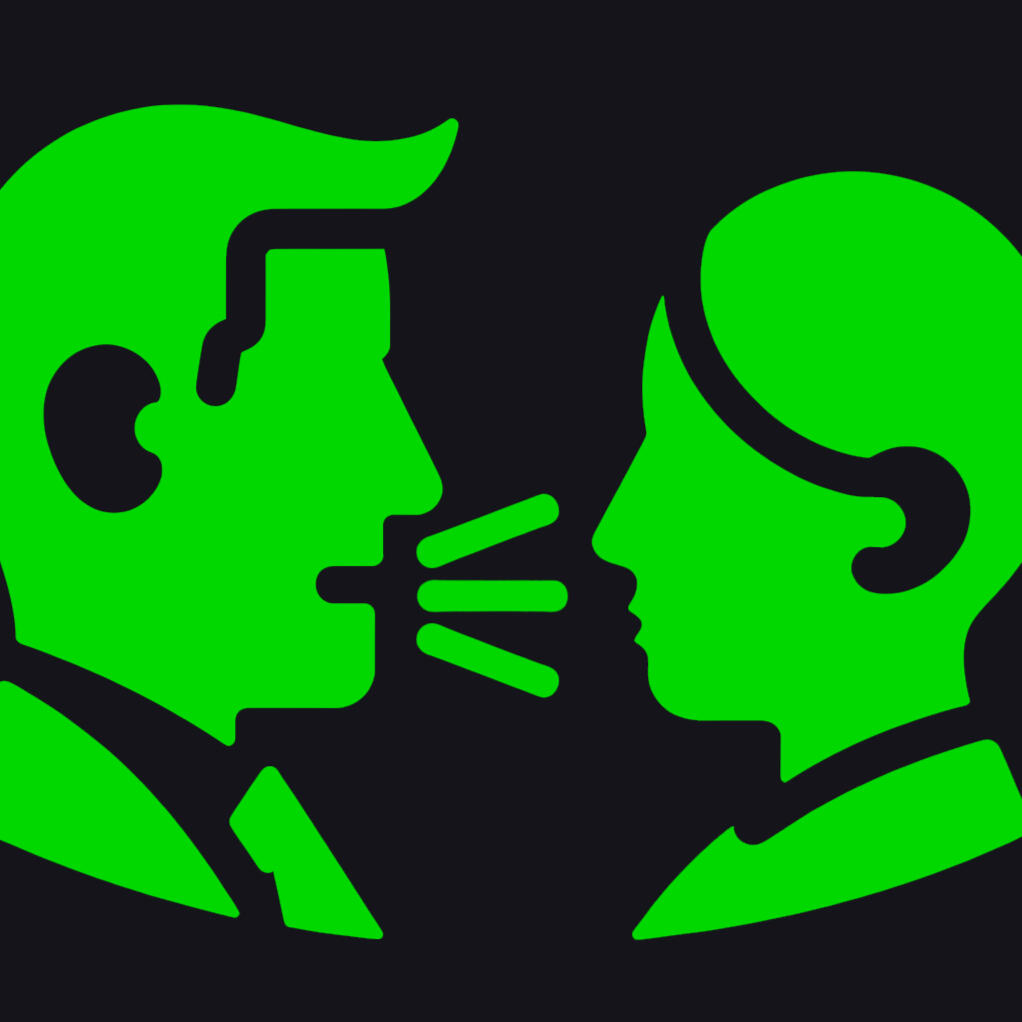
SOULISM
Soulists believe that the soul should be able to do anything it desires, whenever it desires, and that nothing, not even the laws of physics, should get in the way. The soul in Soulism is you, the self. You have always been the soul and you always will be. Everything you see outside of yourself is an extension of the self. Even other souls are other selves. Since Soulists consider other souls to be themselves in another body, and vice versa, this means there is no distinguishing service to others from service to self. As such, the concept of property and ownership become irrelevant and hierarchies unjustifiable.You may think that this damages the individual experience but in actuality it is the only way to maximize it. Since everyone is the self there must be no distinction between individualism and collectivism. This makes sense even outside of Soulism, for example if you want to live in world where no one "treads on you," everyone would have to agree and live their lives accordingly, this would require tremendous amounts of communication and cooperation across all aspects of human interaction, a form of true collectivism. If an individual wants to "tread" on another the collective goal of individual freedom takes precedent over that of the individual. Individualism must be shared by all members of a collective.Normally such collective goals would involve creating a hierarchy that allows for enforcement. Soulism is against any and all forms of hierarchy, putting a soul below another implies that it should not be able to do anything it desires, as the soul above them in rank would take precedent. As such, all hierarchies, including the state, capitalism, traditions, corporeal bodies, and even the laws of physics must be abolished. How can this be achieved? By dismantling social constructs via spiritual enlightenment and advanced technology, this can solve all problems since absolutely everything is a social construct.
Service to Others
A Soulist utopia is built atop service towards others. But what does that look like in practice? How does being of service to others translate into service to self? Imagine being on a planet where everyone was a Soulist. When a self votes they are prioritizing what's best for others, when they speak, when they create and use technology, when they choose what parts of our culture to embrace or reject, they are thinking of what's best for others. This means you would be living on a planet where everyone is thinking about what's best for you! Imagine walking around a city in such a planet, every utility, every walkway, every form of transportation, every interaction with other people, would be designed to be as luxurious, wonderful, and efficient as possible for you and all other selves. Of course on such a planet you would also be thinking in service to others. But that is fine because there is no greater form of selfish greed than collective selflessness!


Service to others is truly the greatest form of service to self.
"If I am always being of service to others when will I be doing things for myself?"This is a fun one to answer. It is self serving so lets ask the same question but through the service to others mindset to see what happens,"I don't want others to think only of others! I want to see others think of themselves as well! They deserve it!"There we go that's better, now we are thinking of others again. Lets go back to the Soulism planet, on this planet everyone has that mindset, in service towards others they all want to see you take time for yourself, to do what you want, enjoy what you enjoy, they believe you deserve it and they genuinely want to see you happy. As you are also taking the service to others path in life you are going to have to appease them, by appeasing yourself. Accepting a gift is to give the gift of giving!In some circles that understand this, like in the Law of One, they say that someone taking the service to others path must only be 51% service to others and 49% service to self. If you give too much you will expect too much from others. It is important to note that the 51-49 numbers are not to be taken literally as many actions are of service to self and others simultaneously, 51-49 is just to convey the mindset. In fact on a planet with this mindset the overlap between the two forms of service could eventually reach 100%!
Love
"If Souls do not share Soulist values, they can still be loved, but they must be enlightened so they can be loved better."
-one of the core tenets of SoulismImagine a child, 3 or 4, sitting with his parent around a campfire. This young boy has never seen a fire before and is very curious, he decides to jump into the flame so he may feel it first hand! Before he jumps his dad yells, "Stop! You will burn yourself!" and the child starts throwing a fit, kicking and screaming, appalled that his evil father would stop him from the embrace of this wonderous light! The father loves his son but his son does not feel loved when his dad explains to him that he must not leap into an open flame.
The concept is simple, Soulists want other people to be in a constant state of fulfillment, to have whatever they want, whenever they want. But what if what someone wants is shit? What if they want a world where others suffer? Or they themselves suffer? What if they wrongfully believe that life requires a balance of desire and fulfillment? Essentially, what if what they desire is desire itself?The real world is more complex than a curious child reaching into a flame. People have complex customs and philosophies that heavily depend on glorifying suffering, or instructing you to do desire something but then also to resist that desire.This gets very confusing because people can literally want a world where they don't get what they want. Lets call this confusion. Someone who is confused can still be loved, but not very well. I mean they literally want to suffer so what are we supposed to do with them? Give them what they want? In their confusion they have somehow managed to not want what they want.It is therefore our job to elevate them out of this paradox they have trapped themselves in so that we may love them better. See- Paradox of Suffering

AI

One of the biggest problems humanity faces is the sinkhole of indifference. So many people living their lives completely indifferent to the negative things that they themselves or others have to deal with on a daily basis. People who say politics doesn't matter, people with significant privilege, people conditioned not to question authority.Those who have never had a single philosophical thought in their entire lives will start acting like they are the next Socrates once AI takes off. Robots and AI taking more and more jobs, UBI, the ethics of robot police, an automated economy, AI lawyers, AI judges, self driving cars, AI in politics. These things are going to force non-thinkers into thinking. The reason people can sink into indifference is because they have a cyclical way of living that is not threatened by the things that threaten others. AI will disrupt these cycles. The AI revolution will also be a philosophical one.
Soulism can take advantage of this because its considered an extreme ideology by most people, which means the only way for people to switch to it is to polarize in that direction. The AI philosophical revolution will be the perfect chance to convince people that a utopia is possible and we should be striving to achieve it, it will be like a sci-fi movie coming to life, it will create a massive amount of polarization during a time where we already getting used to extreme polarization. People are going to be incredibly open minded over the next ten years. Soulists should embrace AI and advocate for its use in automation and luxury for all. No ideology benefits more from the abundance AI can help us achieve than Soulism.
Consensus Reality
If everything is subjective, why do some things feel so objective? Imagine a boat transporting tomato seeds crashes on an isolated island. The people on the island start growing them and tomatoes quickly become everyone's favorite food. They create the belief that tomatoes are objectively delicious, that their deliciousness has nothing to do with the human experience but is an absolute truth inherent to tomatoes. They have no evidence of the contrary.Obviously from our perspective we know this is not the case, many people do not enjoy tomatoes, the people on the island have merely created a consensus. Claiming lack of evidence to the contrary is also false, they have ample evidence of other things being subjective and could easily connect the dots, "What if we all just happen to share the same opinion?"


When people who understand the absolute subjective nature of reality use the term "consensus reality" they are referring to something subjective that many people happen to be experiencing, for example one may put a tomato on a table and say that tomato objectively exists from all perspectives. According to the idea of "consensus reality" they can only be as correct as the islanders are about tomatoes. Even if it exists for everyone on earth, it still only subjectively exists, we just happen to have a consensus.This has some implications that will make some people uncomfortable, like magic. If I tried hard enough I could change my taste for tomatoes, acquiring a taste or distaste for them. I can do this because the taste of tomatoes is subjective and I can change my perspective, but if everything is subjective would that mean I could do things like make the tomato stop existing? Yes.In consensus reality there are various levels of resistance to manipulating it. Changing my taste for tomatoes would be far easier than making it so that the tomatoes stop existing, the factor that determines this resistance is the current level of consensus, the higher the consensus the more difficult the magic. Everything in consensus reality is a social construct.
Ego

Since Soulism believes in absolute fulfilment of the soul it often gets wrongfully conflated with Egoism. Egoism does not specify Service to Others, only the personal ego. Soulism considers the ego and the soul to be distinct. The ego is likened to a character in a video game or a tabletop RPG while the soul is likened to the actual player.You, the soul, are the thing playing the ego. Because of this it is possible for you to serve the ego in a way that does not serve yourself. Image you are playing a video game and, according to story of the game, the character you are playing really wants to do a mission that you find boring but you do the mission anyway because you feel compelled to play out what the character wants. A real life version of this is possible where your ego wants something you do not but you do it anyway. It is important to understand that you are the thing experiencing and controlling the character you are currently playing, you are not the character itself. This does not mean that we should attempt to get rid of our egos, instead we should strive to develop them to be in complete service to the soul. Your ego should serve you, the soul that has to play it, you should never have to serve your ego in a way that does not also serve you.Egoists will often get trapped in service to an ego that does not serve them back. Like for example chasing after money even if it no longer grants fulfillment, they can and often do have excuses, "Well I don't care about happiness, I just want money, its my incentive." people who say this are confused, unable to distinguish between the soul and the ego.
Paradox of Suffering
Here on earth, justification for suffering is commonplace. Whether it's to say others should suffer for punishment, to build character, toughen up, "it's inevitable," or "it made me a better person." This is nonsense, but understanding why is difficult if someone has trapped themselves in what I call the Paradox of Suffering.The most valuable lesson you can learn throughout all your lifetimes is that suffering has no value whatsoever. The only way to learn this lesson is through suffering. Therefore, suffering teaches you the most valuable lesson. This sick universal joke is why the Jester is often seen during psychedelic lessons on suffering.The Paradox of Suffering is thus- If suffering teaches you the most valuable lesson, the lesson being "suffering has no value," does suffering have value?


In practice, understanding the paradox allows you to notice that anyone who claims suffering has value has to admit it does not in the same breath, examples-"Suffering made me tough."
Toughness is resistance to suffering, by admitting they want to resist it they are admitting it has no value. If suffering truly had value they would want to be weaker and more pathetic so they can suffer even more and thus derive more "value.""Suffering helped me build character."
Look up the meaning of "build character," its just ways to reduce or avoid your own or other's suffering, so once again they are admitting it has no value in the same breath."My suffering made me a better parent."
So your kids suffer less than you did?"Our troops suffered in the war to protect your freedom! Are you saying their suffering has no value?"
More freedom = less suffering. Also their suffering is not what gave us the value, if we had defeated the Nazis without our troops suffering the value would have been even higher.You can see how easy it is for the confused to trap themselves in the paradox of suffering as it is true that the understanding derived from suffering is genuinely the most valuable thing one can have, and it is true that suffering allows you gain that understanding. The value, however, exists in the understanding itself, not the suffering. To attribute the value to suffering itself is to trap yourself in a mental prison.
One of the most difficult things to let go of is an attachment to suffering. For many people suffering is some of their strongest memories and they desperately feel the need to give those experiences some form of meaning and purpose. The idea we need a balance of suffering in order to experience fulfillment is also a popular lie. The Paradox of Suffering states that all the suffering you have experienced throughout your lifetimes has been completely worthless. If you have attachments to that suffering it can be difficult to accept that the only thing it teaches you is that it has nothing to teach you. It is worthless and you need to let it go. Many spiritualities speak of cleansing yourself of earthly attachments, the only attachment one needs to rid themselves of is suffering.If one's choices lead them to believe that suffering has value then you may think they still have much to learn from suffering... except not really as anytime they are suffering there is an acknowledgement of its lack of value, it would be better to say they still have confusion that needs to be resolved and they have decided that suffering will be their method. If one's choices lead them to believe that suffering has no value then they have learned everything suffering can teach, which is that it has nothing to teach, and therefore it has no value for them, nor did it ever.

Does this mean that souls who believe suffering has value should suffer? No. It means they should stop believing that it has value. No soul should suffer as suffering has no value. Unfortunately it does mean that these souls will suffer as they will always make choices that lead to suffering, all souls seek value in their lives and these souls believe there is value in suffering. It is the goal of Soulism to help change their mind.
Soul

Does a character you are playing in a video game have a soul? Yes! Its you! Your real life self is the character's soul, the thing controlling and experiencing the character. The character has many different aspects and traits separate from you, these would be parts of the character's ego. In the same regard we can liken your experience to a video game, there is the the physical body, the mind with all its ego, and the soul which is the thing actually experiencing and controlling the body and ego.The soul is the "you" that experiences self, its what others experience as self, other souls in this case are "other selves," the soul dictates what is done with free will, it is your consciousness, your fulfilment, your suffering. The soul creates definitions and beliefs that when interacting with other souls, form social constructs. Reality is made out of these constructs. Or in other words, reality is made of soul.
It would seem from our perspective that all points in time should be valid as being "the present." Right now everything makes sense, the glass of water sitting next to me didn't just teleport onto my table, it has its own history of how it got there and that history is encoded all around us, in the dust particles that were moved, in my memory of grabbing the glass, in the way that the air was perturbed. The point is continuity, the present moment makes sense because of continuity, however, this should be equally true for all points in time. Ten minutes from now we will be correct in thinking in that moment that it is the present and ten minutes ago I could have said the same.From a physicalist standpoint all points in time should be equally valid as being the present, and yet only this one is. Its easy for people who have not explored their consciousness to just shrug this off as being human error but it helps no one to be reductive.Imagine a video file sitting unopened on your desktop. Which frame is the present? Well none of them because its not being played, any of them could be if it was open in a video player so lets imagine we do that. The video is playing and we pause it at frame 5000. Now which frame is the present? Frame 5000. Despite this its still true that technically any frame is valid as being the present if we switch to it.I propose to you that the soul is what determines "the present frame" in physical reality. We are not of this realm, we are of a higher caliber coming down into this reality, playing it like a video game, granting it a "present moment." Without us there would be no such thing as time, in fact it would be best to say that we are time itself.

History of Soulism
Soulism started out as an "off-the-compass Libertarian-left ideology" a joke in the Political Compass Ball community (Polcompball). It was portrayed as believing that everything in the entire universe is a social construct to overcome, even the laws of physics, with the goal of minimizing suffering and eradicating all forms of hierarchy.Furthermore, Soulists were portrayed to believe in the abolition of all property, private or personal. Denying the existence of objective truth, claiming that any immutable truth is an unjust hierarchy. This echoes the belief of chaos magicians that "nothing is true, everything is permitted". There exist numerous similarities between Soulism and chaos magick, and many Soulists are practitioners.Idealism and a consciousness-centric model of reality are a foundation of Soulist origin.

"a school of anarchist thought which views reality and natural laws as unjust hierarchies"
Compulsion
A good way to define compulsion is, "when you would rather be doing something else."If our goal is to create a world of maximum fulfillment, where everyone can experience whatever they want whenever they want, then we must rid this world of all forms of compulsion. No one should ever feel compelled to do anything as by definition one only feels compelled if they would rather be doing something else. The most important part of compulsion is that the individual gets to decide whether they are being compelled.Don't want to go to work but you do anyway? You are probably being compelled by a sense of responsibility, threat of starvation, or some other form of shame or fear. Don't want to behave a certain way but you do regardless? You are most likely being compelled by social norms. Are you in prison and you would rather be free? You are being compelled by those keeping you locked behind bars. Don't like gravity? You are being compelled by the laws of physics.


How would this work? If people can choose for anything to be a compulsion they could choose hostile things, what if someone doesn't like the way another dresses? Is that a compulsion? "Your outfit disgusts me, I never want to see someone wear something like that!" Well now there's a conflict, one is feeling compelled by another's outfit and the other is being compelled to change the way they dress.Since compulsion is dictated by the individual, this means, and bear with me here, compelling another person to cease engaging in compulsion is itself exempt from being a compulsion due to the fact, that, in order for a person to consider themselves compelled by this "meta-compulsion" they would have to also choose for compulsion itself to not be a compulsion, which is a contradiction. Or in other words, if someone wants to compel others then its okay to compel them to stop.
This a meta-compulsion and all of society should and will be built atop meta-compulsions. When raising children they should be taught not to compel others or be compelled by others unless that compulsion is meta. When you are in a public place it should be designed to minimize compulsion, public transit for example will be as luxurious, efficient, and optional as possible.When someone refers to another person by a set of pronouns they are compelling them to ascribe to a set of social expectations. If someone responds with, "Actually my pronouns are..." they are now compelling the person in response to use a different set of expectations, or lack thereof. This is a meta-compulsion because they are compelling them not to compel others, so it doesn't count as a true compulsion. I use this as an example as it is a growing point of contention in our current evolving culture."Freedom is the absence of compulsion and because compulsion is a form of discrimination, it follows that freedom is the absence of discrimination." -Unnamed Iargan